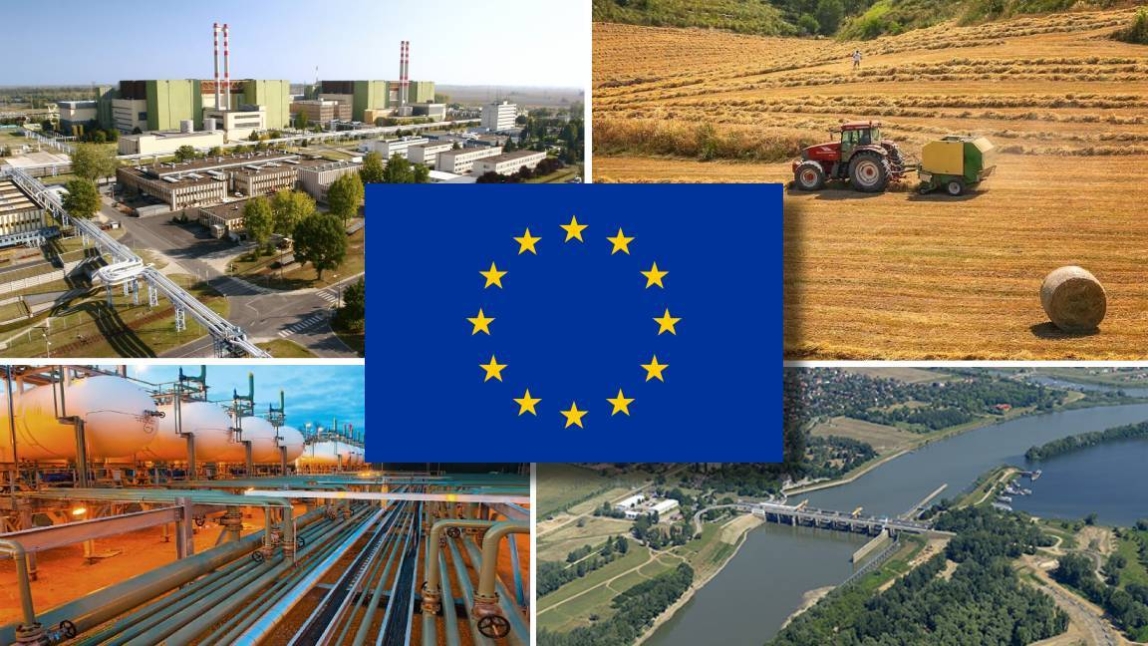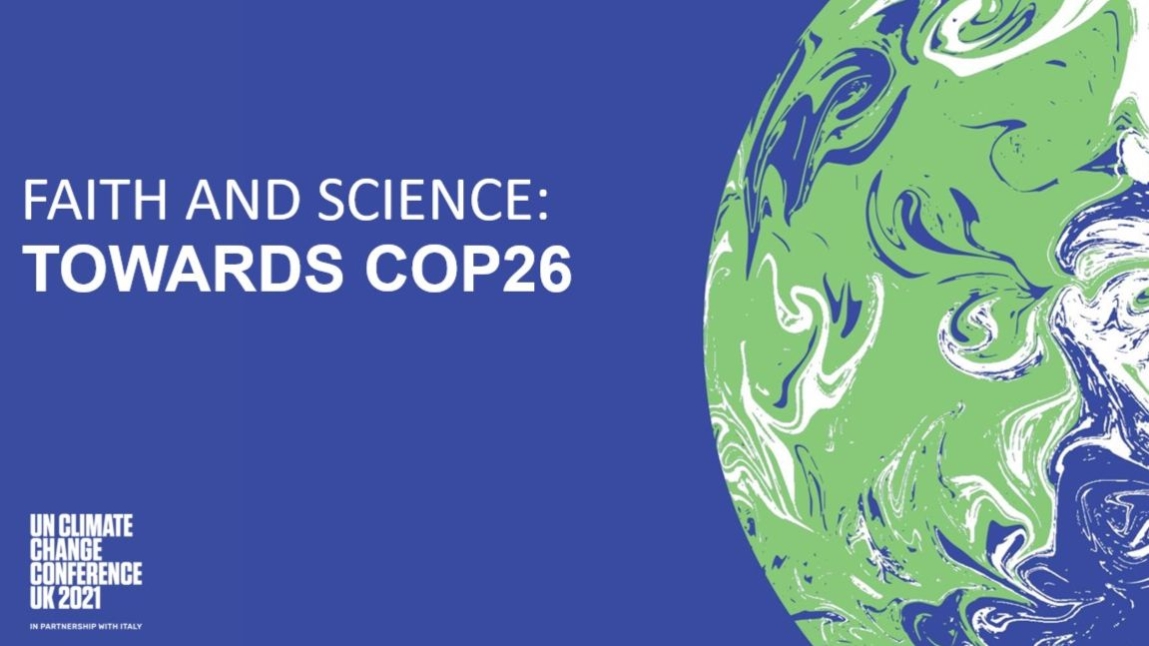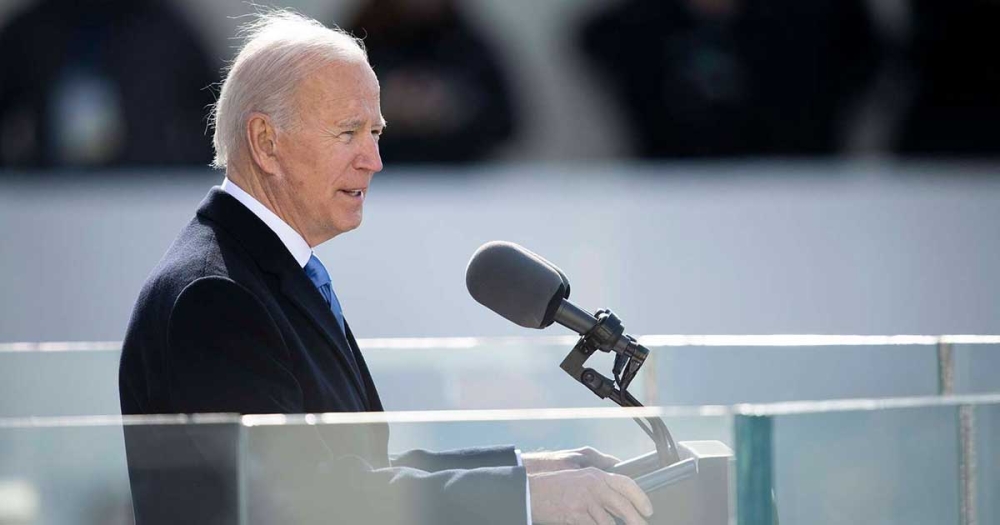The pandemic situation is threatening the world and European economies with shortages of energy, raw materials and goods. Self-sufficiency and independence are becoming increasingly important issues due to general supply constraints.
Strategic autonomy and independence in the energy and agriculture sectors were also high on the agenda of the talks between the Hungarian Prime Minister and the French President. According to a comprehensive survey of 30,000 people in 30 countries, carried out in cooperation between the Climate Policy Institute and Századvég Foundation, around 90 percent of European citizens think it is important for countries to avoid, as far as possible, relying on other countries for strategic resources and commodities such as water, land, food and energy.
Pandemic and self-sufficiency
The pandemic has shown that natural disasters and epidemics can cause crisis not only in the public health sphere but also in the economic and social domains. Restrictions on production and the free movement and trade of goods have led to a decline in the economic performance of many countries and some of the longer supply chains have collapsed. Due to COVID-19, countries have shifted their focus from meeting external demands to serving their internal needs. The need to make supply chains more secure, flexible and shorter has become an issue, but there is also a growing consensus that countries need to strengthen their self-sufficiency to become more crisis resilient.
Supply constraints
The situation is now compounded by the energy crisis and general shortages of raw materials and commodities. There are supply constraints for various materials (e.g. wood, steel, magnesium, silicon), energy and fuels (electricity, fossil fuels) and finished products (e.g. chips, cars, adblue). In the Austrian and German media, authorities provided information on what the public should do in the event of power cuts. In Romania, tens of thousands of households have been left without heating and hot water because of the rise in natural gas prices. Many energy suppliers in Europe have gone bankrupt. Security of supply has become one of life's most important issues.
Europe's views on self-sufficiency
The importance of independence is also seen as essential by EU citizens. An analysis carried out in cooperation between Századvég and the Climate Policy Institute reveals that the majority of European voters agree on the importance of self-sufficiency in their countries. The comprehensive research conducted in 27 EU Member States, as well as in Switzerland, Norway and the UK, confirms that overall security of supply and self-sufficiency in resources is a national strategic interest.
Natural Resources
86% of respondents felt that it was somewhat important (very important 43%, somewhat important 43%) that countries should own natural resources such as land, water, raw materials and minerals themselves and not rely on others. In Hungary, this proportion was even higher, at 90% (very important 61%, rather important 29%).
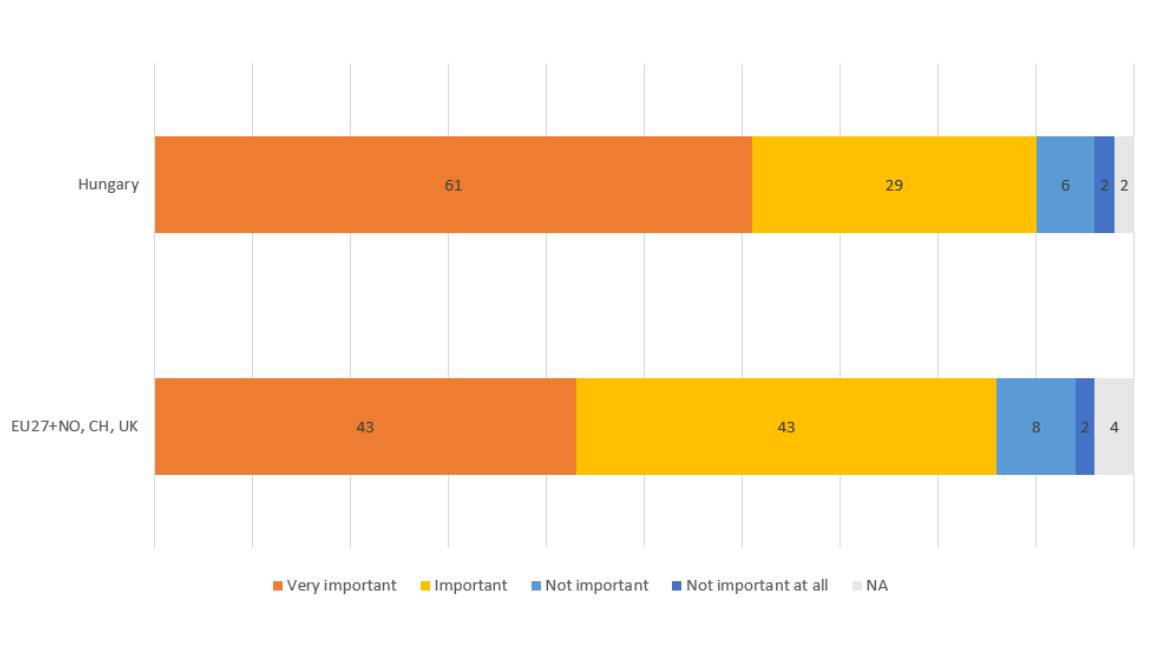
Figure 1: How important do you think it is for each country to own natural resources such as land, water, raw materials and minerals and not to rely on others? (%)
Strategic commodities
The survey also asked Europeans about how important they thought it was for countries to produce strategic commodities such as food and energy on their own, so that they did not have to rely on others. For this question, 88% of respondents thought independence was important to some extent (very important 47%, somewhat important 41%). Compared to the EU average, people in Hungary were also more in favor of national independence (93%) (very important 69%, somewhat important 24%).
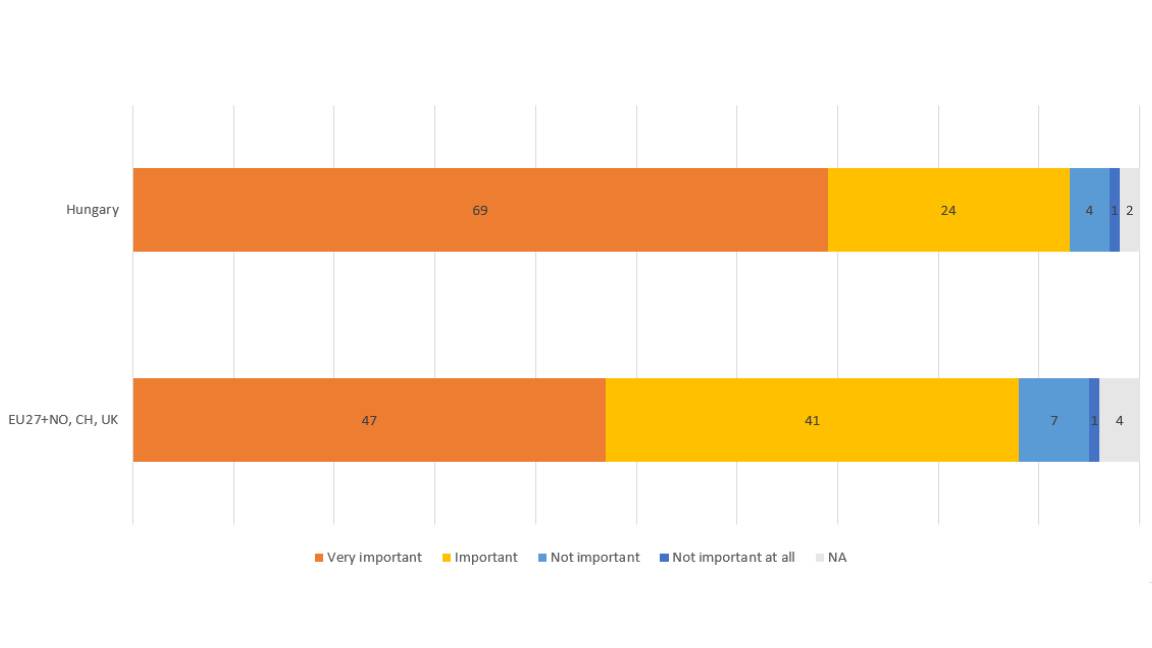
Figure 2: How important do you think it is for countries to produce strategic products such as food and energy on their own and not to rely on others? (%)
Hungarians are among the nations that consider the achievement of independence to be the most important among the questions raised.
The survey was conducted by the Századvég Foundation using the CATI method between 1 August and 15 September 2021 in the 27 Member States of the European Union, the United Kingdom, Norway and Switzerland, interviewing 1,000 people per country, i.e. a total of 30,000 randomly selected adults.

